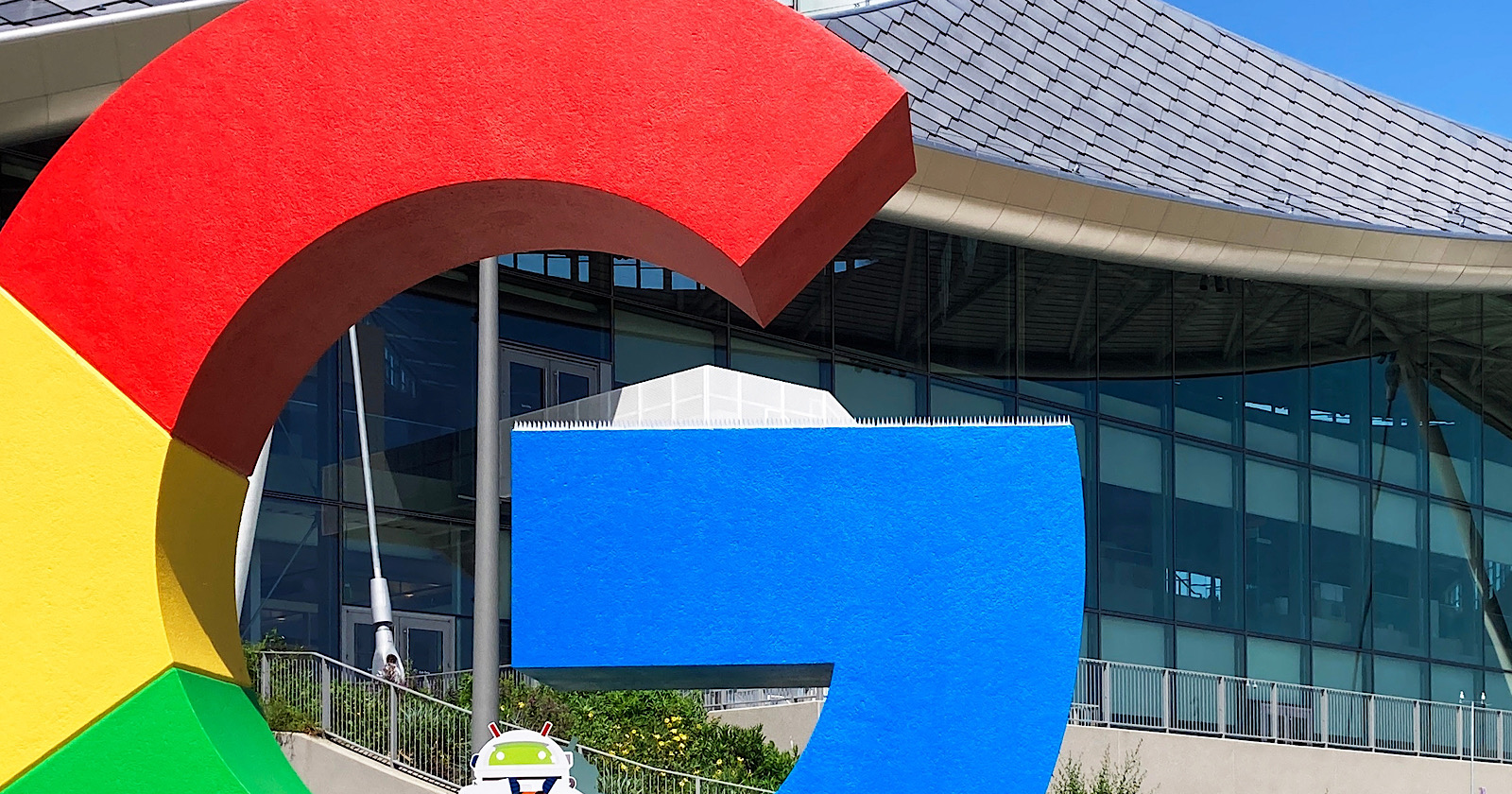Google Analytics 4 administrators now have greater flexibility in how web conversions are attributed to marketing channels.
Google recently added an “Attribution Settings” option to choose whether conversion credit is assigned to only paid Google Ads campaigns or both paid and organic channels.
For businesses focused solely on the impact of their advertising spend, limiting conversion credit to Google Ads paid channels may provide a clearer view of return on investment.
Those interested in the combined effect of paid and organic marketing efforts can continue to use the default option, which provides conversion credit to both channel types.
With Google Ads and GA4 becoming increasingly integrated, the option to tailor conversion attribution to match marketing priorities is a valuable tool for data-driven businesses.
Why This Matters For Marketers
This new option offers more control over how you measure the impact of Google Ads campaigns.
By restricting conversion credit to paid Google Ads channels, you can isolate the effect of your advertising spend on web conversions and revenue.
This may provide a more accurate assessment of your Google Ads ROI.
On the other hand, allowing credit for both paid and organic channels provides a complete view of the customer journey and how different marketing efforts work together to drive conversions.
This more inclusive option could be a better choice for focusing on the overall impact of your digital marketing strategy.
How to Make the Change
To update your GA4 attribution settings, follow these steps:
- Log in to your Google Analytics 4 account
- Navigate to Admin > Attribution Settings
- Under “Which channels are you able to assign credit for your web conversions imported into Google Ads?” select either “Google Paid Channels” or “Paid and Organic Channels.”
- Click “Save” to apply the new setting.
Hat tip to Himanshu Sharma, who shared this accompanying visual on Twitter:
Note that the changes can take 2-3 days to fully reflect in your Google Ads account as campaign data is reprocessed.
Be sure to check your Google Ads conversions and ROI metrics after the full implementation to see the impact of your selection.
You can switch between options anytime by updating the Attribution Settings and allowing a few days for reprocessing.
For more details, see Google’s support page.
Featured Image: Michael Vi/Shutterstock
!function(f,b,e,v,n,t,s) {if(f.fbq)return;n=f.fbq=function(){n.callMethod? n.callMethod.apply(n,arguments):n.queue.push(arguments)}; if(!f._fbq)f._fbq=n;n.push=n;n.loaded=!0;n.version='2.0'; n.queue=[];t=b.createElement(e);t.async=!0; t.src=v;s=b.getElementsByTagName(e)[0]; s.parentNode.insertBefore(t,s)}(window, document,'script', 'https://connect.facebook.net/en_US/fbevents.js');
if( typeof window.sopp != "undefined" && window.sopp === 'yes' ){ fbq('dataProcessingOptions', ['LDU'], 1, 1000); } console.log('load_px'); fbq('init', '1321385257908563');
fbq('track', 'PageView');
fbq('trackSingle', '1321385257908563', 'ViewContent', { content_name: 'google-analytics-4-rolls-out-new-conversion-attribution-settings', content_category: 'news digital-marketing-tools' }); } });

